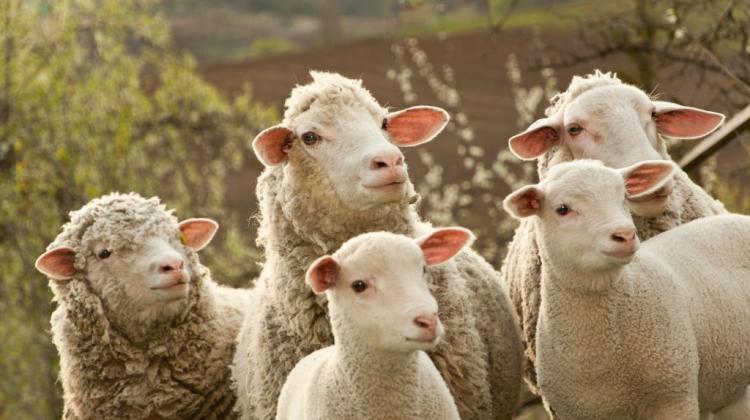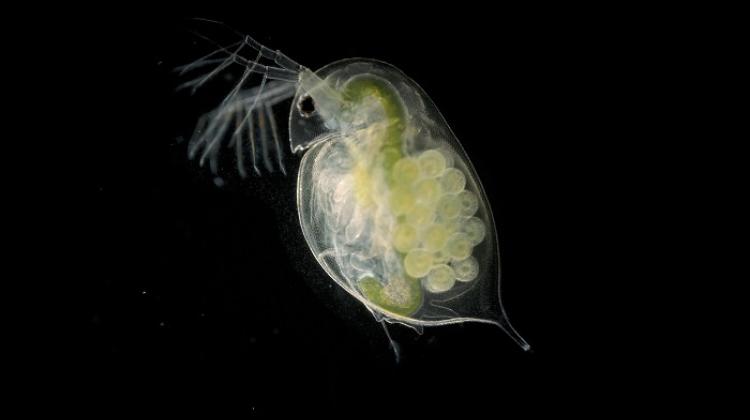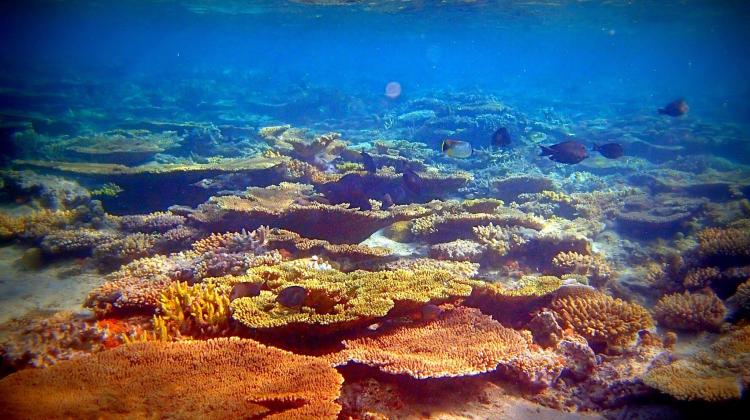Zoologist: Questioning the awareness of mammals and birds is ignorance
 Photo: Fotolia
Photo: Fotolia
We have hard scientific evidence that mammals and birds are aware, have emotions and suffer - zoologist and bioethics expert from the University of Warsaw said in an interview with PAP. In his opinion, in the present state of knowledge, "only complete ignoramuses and cynical liars" can question that.
The draft amendment to the Animal Protection Law has been tabled in the Sejm by members of the Law and Justice on November 6. According to Prof. Elżanowski, its most important advantages are the ban on breeding of most animals (foxes, raccoon dogs and minks) for fur and the ban on animal shows in circuses. The project also expands the catalogue of acts deemed to be mistreatment of animals and provides for more severe penalties for such acts.
"At the present stage of the development of science, there is no doubt that these animals that, in practice, the law affects - mammals and birds - are aware of events in the surrounding world and the state of their own body. Their basic experience is the same as that of a human" -said Prof. Andrzej Elżanowski from the University of Warsaw.
He also reminded that in 2012 a group of leading neurobiologists, neuropharmacologists, neurophysiologists and neuroanatomists issued a statement in the form of the Cambridge Declaration on Consciousness. They wrote, among other things, that " birds appear to offer, in their behavior, neurophysiology, and neuroanatomy a striking case of parallel [to mammals] evolution of consciousness".
As the professor emphasises, the Cambridge Declaration confirms "a fundamental community of emotional states of mammals and birds". " Evidence that human and nonhuman animal emotional feelings arise from homologous subcortical brain networks provide compelling evidence for evolutionarily shared primal affective qualia" - wrote its authors.
Strong and/or long-lasting negative experiences, such as pain, fear, a sense of physical restraint, hunger, thirst, in some also loneliness - which can not be avoided - constitute suffering, just like in humans - said Prof. Elżanowski.
"But mammals and birds are capable of experiencing not only suffering, but also pleasure or satisfaction - not only from fulfilling acts such as eating, but also from their own activity, social contacts and play" - he explained.
He pointed out that depriving social animals, such as elephants, sheep or dogs, of contacts with companions (in the case of a dog - with its carer) - constitutes abuse in the categories included in the Animal Protection Law. "This is an element of severe deprivation that can lead to depression" - said the zoologist.
Prof. Elżanowski emphasised that exactly for the above reasons it is very important that during further work on the draft amendment to the Animal Protection Law "deputies should not be influenced by any lobby that can oppose positive change. This includes primarily the lobby of fur animal farmers or religious communities" - he said.
He added that with the current state of knowledge, maintaining that there is a fundamental difference in the basic forms of suffering between people and other mammals is devoid of scientific basis.
"But scientific facts proving non-human experiences are still being negated by various titled pseudo experts, +professional ignoramuses+, in particular - zootechnicians who are trained to exploit animal bodies and depend on money from animal production. This unfortunately also applies to some veterinarians employed in industrial animal exploitation. In addition, independent studies in several countries show that veterinary studies often desensitise and inhibit general moral development, and the same a fortiori concerns zootechnology studies that teach techniques for processing animal bodies. That is why there will probably be positive opinions of +professionals+ on the +welfare+ of fur animals, which will be an expression of ignorance, demoralization and financial interests of their authors" - concluded Prof. Elżanowski. (PAP)
PAP - Science in Poland
Author: Joanna Morga
jjj/ zan/ kap/
tr. RL
Przed dodaniem komentarza prosimy o zapoznanie z Regulaminem forum serwisu Nauka w Polsce.















